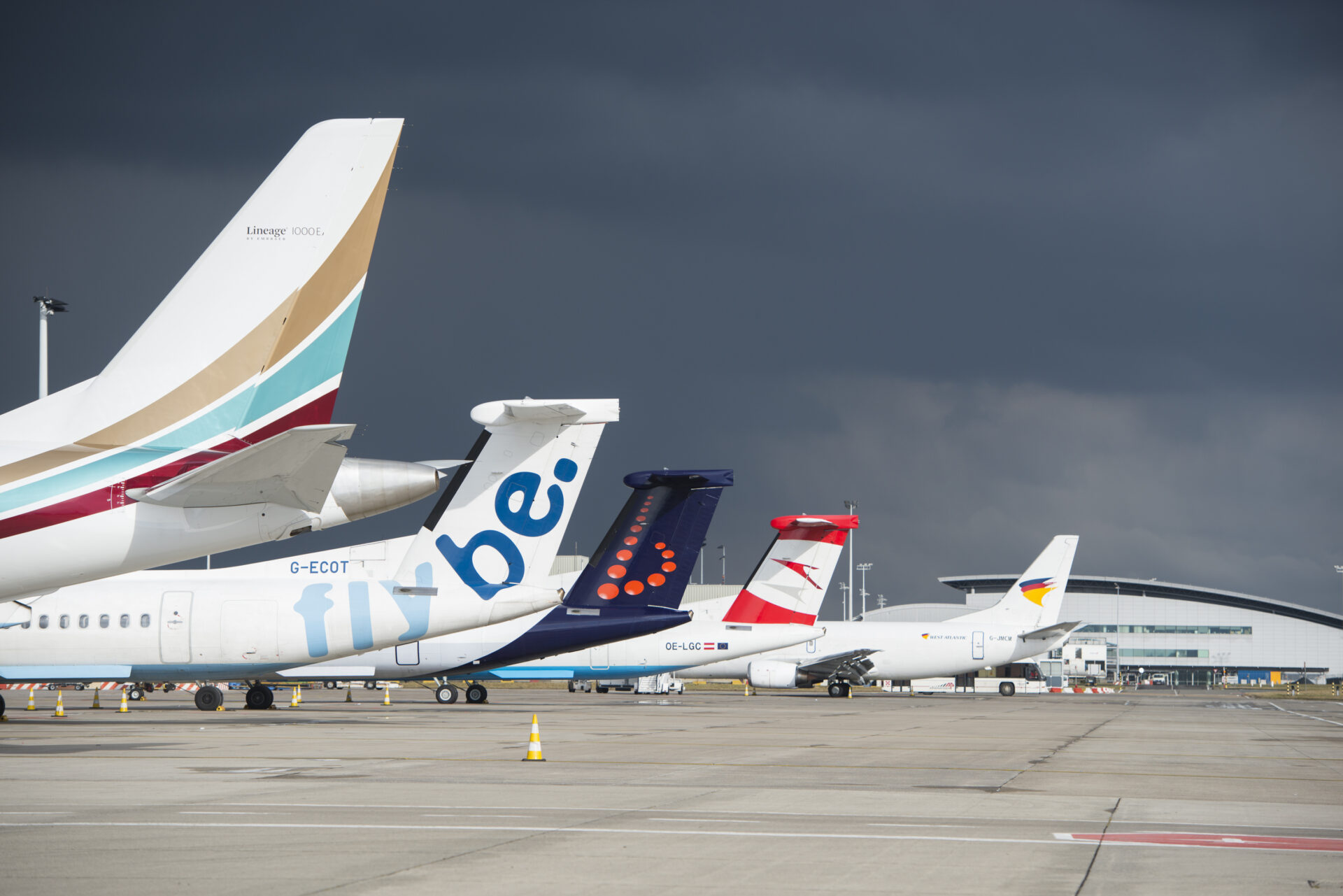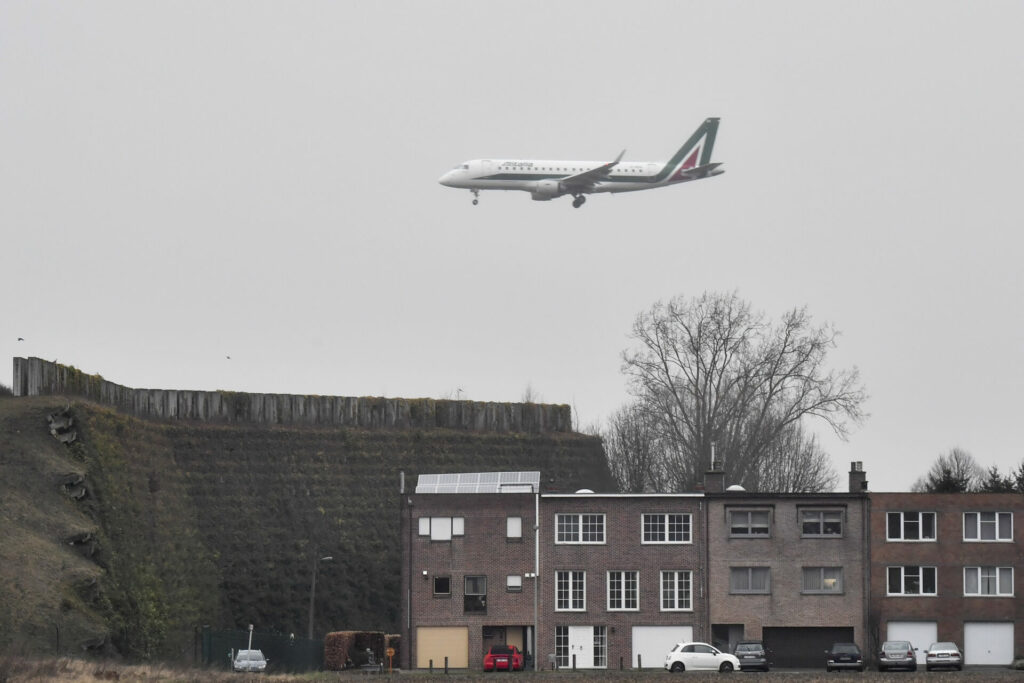Brussels Airport is not only causing problems for locals with the enormous nitrogen and CO2 emissions caused by aircraft flying overhead, but it is also causing severe health damage which was, until now, underexposed.
From chronic sleep disruption to high blood pressure and heart disease, the health of people living near Belgium's largest airport in Zaventem has been damaged severely due to air traffic, in more ways than expected, a study commissioned by the Flemish Association for a Better Environment (BBL) showed.
The study showed that 220,000 people living in the neighbourhood are severely hampered by aircraft noise every year, while the sleep of 109,000 people living in the area is seriously disturbed, figures which come as no surprise to health experts, as people are particularly sensitive to noise at night.
"Our body reacts autonomously to noise, during the day and night, because our body unconsciously associates noise with danger," Marc Goethals, a cardiologist at Onze-Lieve-Vrouw Hospital in Aalst, said.
"As a result, our body goes into a state of defence, the so-called 'fight-or-flight response'." The World Health Organisation (WHO) has already been warning for years about the enormous health damage caused to residents living near airports.
Reduced immunity and bad mental health
Goethals explained that this response not only leads to reduced immunity against infections and cancer and slower physical recovery, but it also results in a rise in blood pressure, faster heart rate and release of stress hormones. Finally, this can also affect people's memory functions and mental health.
This was reflected in the study, which found that 51,000 locals face a greatly increased risk of developing hypertension and 2,000 even a greatly increased risk of heart disease.

Aeroplanes as Brussels Airport in Zaventem. Credit: Belga/ Anthony Dehez
The cost of this health damage reportedly amounts to more than €1 billion annually or €36,000 per night flight. However, BBL argued that this is "still an underestimate," as it does not include medication costs and hospitalisation.
BBL argued that, despite the major impact it has on the health and quality of life of locals, Brussels Airport fails to take additional measures to prevent this, and that it has not implemented measures to do so as stipulated in the 2004 environmental licence.
Bind path towards improvement
Next year, Brussels Airport is due for a new environmental permit, but still, the airport operator shows little ambition to improve the situation, despite the serious profits made year after year, according to BBL's Jasper Wouters.
"Brussels Airport Company claims to be heavily committed to sustainability and quality of life for residents. In practice, they mainly invest in solar panel parks and electrifying ground traffic. But that does not lead to less aircraft noise at all," he said.
"Meanwhile, we as a society pay for the burdens of the airport."
Related News
- Belgium is at the heart of illegal tropical wood trade
- Global CO2 emissions set new records, IEA report shows
The organisation is therefore calling on Flemish Environment Minister Zuhal Demir (N-VA) to include a binding path towards low-noise and CO2-neutral operation in the new permit, which should "put more focus on the health and quality of life of locals, without affecting employment and the accessibility of the country."
Wouters noted that BBL's plan for the new licence has been discussed with several members of parliament and with Demir's cabinet. "All our discussion partners largely shared our concerns about the health damage caused by the airport and its air traffic," the organisation noted.

